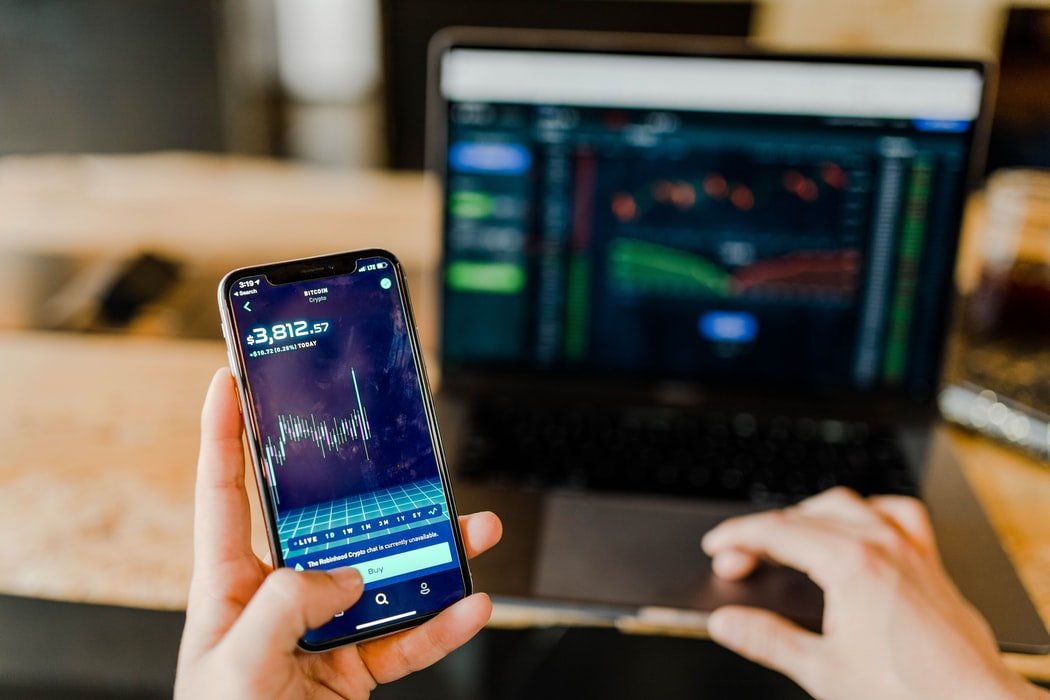Words by Aaron Allinson
Whether you’ve just finished paying off your student loans back home or you’re already established in a career with an ample income, it’s never too soon to think about financial security. And the easiest way to secure that (short of winning the lottery) is through investing.
Foreigners Investing In Korea
Most of the time, the question people ask is, ‘Can foreigners invest in Korea?’ And the answer is yes!
To invest in Korea is very much the same as investing in any market. The variety of investment vehicles is actually quite staggering and the products being offered by different institutions have a lot of similarities. Language remains the largest barrier limiting what you can find here.
Why Investing In Korea
The performance of the KOSPI (Korea Composite Stock Price Index) since the 2008 crash has been quite impressive. Making your investments more valuable in 2025, although the KOSPI experienced fluctuations in recent years, experts predict a strong rebound in 2025, making it a key market to watch for investors.
Keeping in mind that Korea is the home of global companies such as Samsung, Hyundai, and LG, means Korea is a key player in the global market.
But not only in technology, Korea is an influential cultural hub. Nowadays the global spread of K-Pop, K-Dramas, and Korean beauty products contributing to the Korean Wave (Hallyu). This cultural impact is tied to a growing consumer market, attracting international brands and boosting sectors like entertainment, beauty, and fashion.
How to Invest In Korea
Investing in Korea is relatively straightforward, whether you’re a resident or non-resident.
For non-residents, the first step is to obtain an Investment Registration Certificate (IRC) from the Financial Supervisory Service (FSS). To do this, you’ll need to submit documents such as your passport copy and proof of non-resident status. After receiving the IRC, you’ll need to designate a standing proxy, which is typically a custodian bank or financial institution, to handle trading and settlement processes.
As for residents, the process is more straightforward: you can open a trading account directly with Korean securities firms by providing your Alien Registration Card (ARC), passport, proof of address, and completed application forms.
Once your account is set up, you’ll need to decide how you want to trade. If you prefer personalized advice, you can engage directly with a broker who will help you pick stocks. Alternatively, if you want to manage your investments on your own, most securities firms offer online platforms where you can access trading and charting tools, as well as research reports.
To stay informed on the different regulations, you can visit resources like the Korea Financial Investment Association, which provides detailed guides on investment procedures and regulations.

Stock Trade Investment In Korea
Of course, stock trading is only one of many services offered by securities companies. They also offer mutual funds, bond offerings or funds managed by the firm.
Asset management companies can offer the hands-off approach that many investors prefer. With a monthly withdrawal from your bank account, you are well on your way to financial independence. Mirae Assets is one of the most popular asset management firms in Korea. They offer a range of products including equity funds, bond funds, and money market funds (or a mixture of these). You can also choose the region or country you would like to focus your investments in.
Although emerging market funds are currently more fashionable and offer the greatest potential upside, they are riskier than traditional markets. Diversification is essential for any type of fund investment, no matter where you are investing. Despite an English-friendly website, you may need some language support to get set up.
Further Research Before Investing In Korea
The sea of financial information when it comes to investments in Korea can be overwhelming. Each of the securities companies has their own research department and this information is available to clients, regardless of whether you make a single trade. There are number of online information sources where investors can start. Here are a few:
Bloomberg.com and Reuters.com These two sites have comprehensive and up-to-date information on the global economy as well as Korea-specific financials and forecasts.
Investopedia.com is a great website for beginners who want to learn about stock trading and other types of investing.
The World News Network has dozens of links to Asian news, financial news and country specific sites, including Korea.
Samsung Economic Research Institute is a valuable economic research webpage is updated daily and is useful for those interested in the market. You can find Korean stock market news available on their website.
Korean language skills or a local acquaintance can expose you to even more investment opportunities. Despite the initial looks of horror and panic, staff will usually do all they can to have you as a client.
For a comprehensive listing of financial institutions, check out our 10 Directory or the Financial Supervisory Services website. Look for the quick links bar on the right and click on Financial Institutions in Korea!





